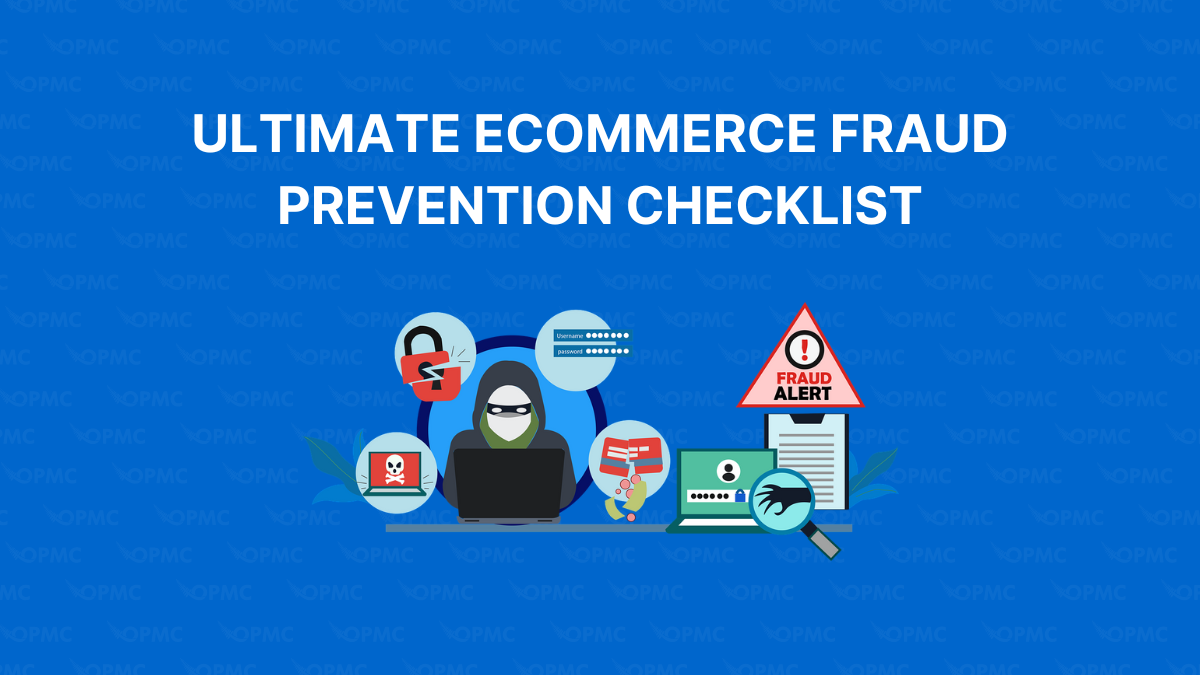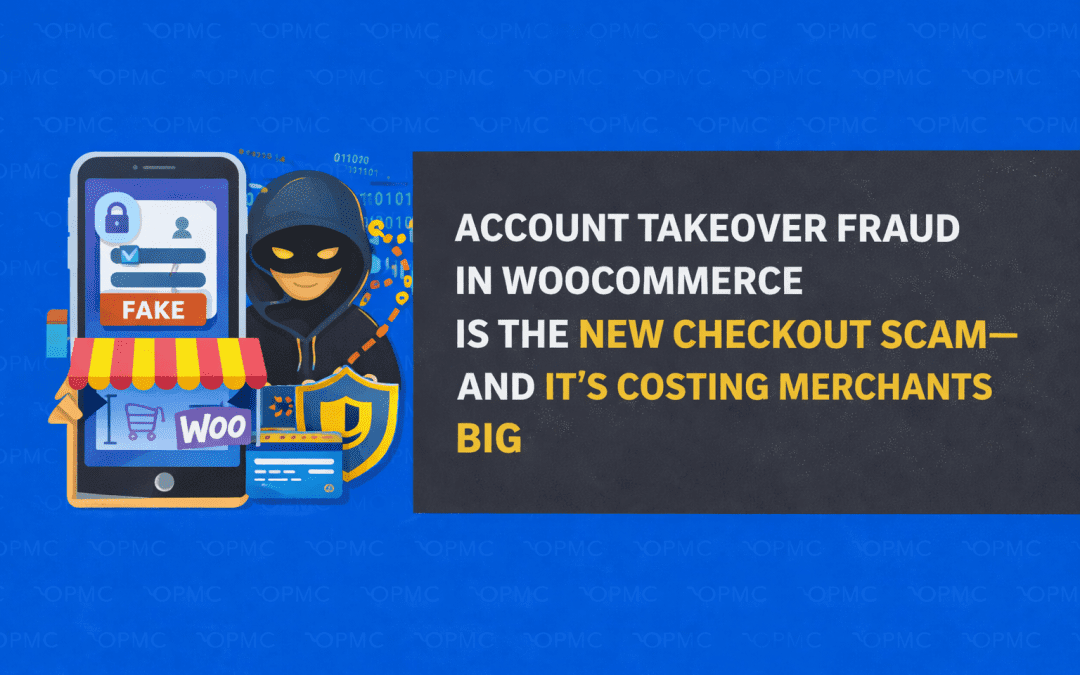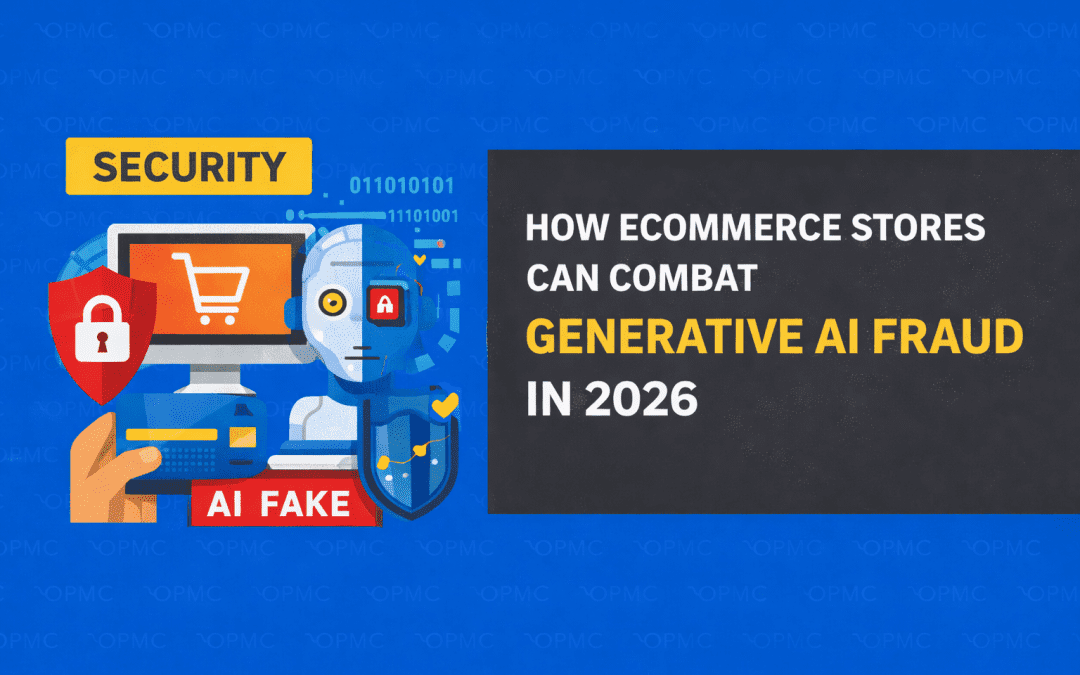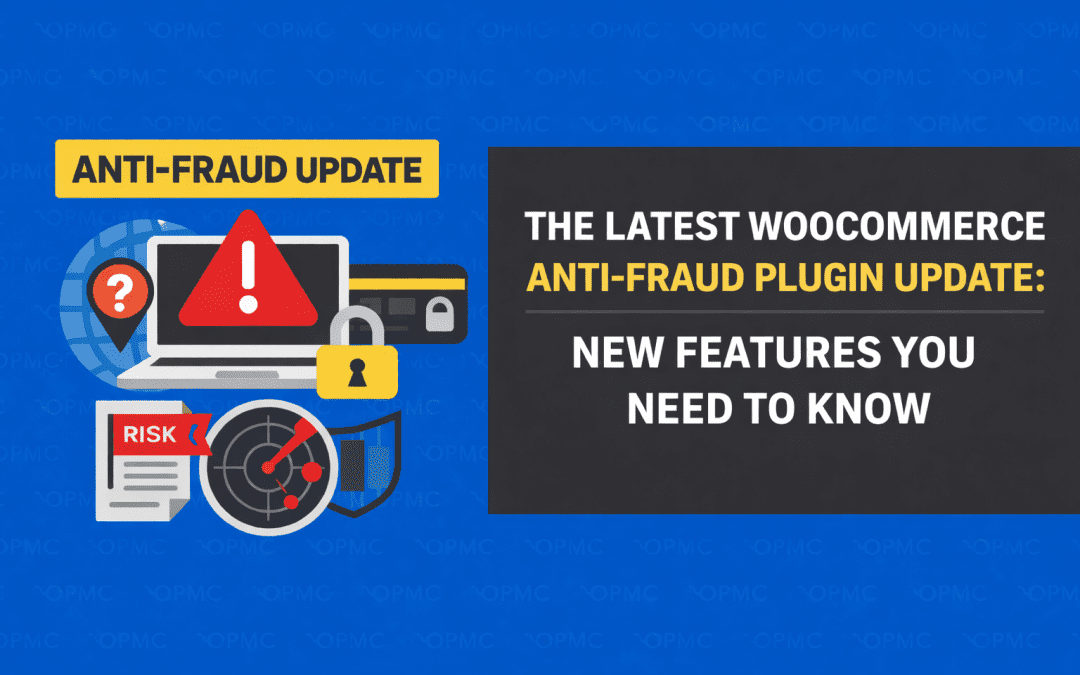Ecommerce fraud is a serious threat to businesses. It can cost you money, damage your reputation, and even put you out of business.
However, with some basic security measures in place, you can reduce the number of fraudulent orders and keep your customers happy. Here’s an overview of the best strategies for preventing fraudsters from taking over your online store.
The Modern Face of eCommerce Fraud
Fraud today goes far beyond stolen credit cards. Some of the most common and growing types include:
-
Carding & Velocity Attacks – bots test stolen card numbers with small purchases at rapid speed.
-
Account Takeovers (ATO) – fraudsters use stolen credentials to hijack customer accounts.
-
Friendly Fraud / Chargeback Fraud – legitimate-looking customers claim non-receipt or unauthorized use to get refunds.
-
Synthetic Identities – fake accounts built with partial real data to bypass security.
-
Refund & Returns Abuse – exploiting store policies to receive goods and keep the money.
The bottom line: fraudsters are becoming more sophisticated, using automation and AI to avoid detection.
The Best Strategy is a Multi-Layered Approach to Fraud Prevention
There’s no one-size-fits-all approach to fraud prevention, but a multi-layered strategy can help you prevent fraudulent charges before they happen. To protect yourself, use multiple methods of detection and prevention. The more safeguards you have in place, the harder it will be for fraudsters to take advantage of your business.
A flexible strategy that applies across all channels (including web, mobile apps, and ecommerce) should include automation, so everything is operating no matter what time of day or time zone an attack occurs.
The Ecommerce Fraud Prevention Checklist
The best way to protect yourself from the loss of revenue and reputation that comes with fraudulent purchases is to prepare for it. This doesn’t mean you have to go so far as hiring a security agency to monitor all your transactions, but it does mean taking some basic steps.
We’ve put this together for you as an easy-to-follow guide on what’s necessary when it comes to protecting your online business against ecommerce fraudsters:
1 – Conduct Regular Online Store Security Audits
Conducting regular online store security audits as part of your routine website maintenance is critical. In addition to your website, you’ll want to ensure that your payment gateway and database all meet the same security criteria.
2 – Stay PCI Compliant
PCI compliance is a set of standards implemented by the Payment Card Industry Security Standards Council. The PCI Data Security Standards (PCI DSS) is an information security standard for organizations that handle credit card data and includes 6 high-level requirements:
- Install and maintain a firewall configuration to protect cardholder data
- Do not use vendor-supplied defaults for system passwords and other security parameters
- Protect stored cardholder data
- Encrypt transmission of cardholder data across open, public networks
- Use and regularly update anti-virus software or programs
- Develop and maintain secure systems and applications
3 – Put Measures in Place for Active Fraud Monitoring
There are many providers of fraud prevention services. For the most part, these services will be similar in the features they offer. However, choosing one that has been around for a few years and has a good reputation is essential. These services use complex algorithms to detect suspicious activity on your site and notify you when something looks amiss.
4 – Always Use an Address Verification Service (AVS)
Address Verification Service, or AVS, is a fraud prevention tool that helps verify a customer’s address. When you use AVS with your checkout process, it checks the billing address entered by the customer against the address on file with the credit card issuer or bank.
If they don’t match up and your business can’t verify that it’s legit by matching them up manually as well, then there’s a good chance that something suspicious is going on.
5 – Require CVV Numbers
The “CVV” is the three or four-digit security code on the back of a credit card. It should be used whenever possible, as it helps verify that the individual using their credit card is actually the owner of that specific card and not someone else who just swiped it for personal gain.
Not only does this prevent fraudsters from using stolen cards, but it also reduces chargebacks due to misused credit cards by ensuring that customers know where their money is going before they complete a transaction.
6 – Set Purchase Limits to Avoid Fraudsters
There are many ways in which you can set purchase limits:
- Minimum order amount — An automated rule that sets the minimum amount a user has to spend before they’re allowed to complete their transaction.
- Number of transactions per user — An automated rule that blocks users who have made too many purchases in a given timeframe (usually within 24 hours).
- Number of items per order — An automated rule that prevents people from making multiple small orders just so they can get around your other rules (like the number of transactions).
- Total amount spent per day or week.
7 – Create Blocklists for Regions or Users
Blocklists are a list of IP addresses, email addresses, or other identifiers you want to block from your store. They are beneficial for stopping transactions from specific countries or regions. You can also use blocklists to block particular customers who have previously caused problems.
8 – Require Strong Passwords
Every password, from your admin access to the average user, should require at least 10 characters and have special symbols and numbers. You can even suggest customers work with a password generator to keep their accounts more secure.
9 – Only Work with Reputable Merchant Providers
You may be tempted to go with the cheapest merchant provider, but don’t! Only work with reputable merchant providers who have been in business for a long time and have a good reputation. Look for 24/7 support and fraud protection services as well.
10 – Use Preventative Fraud Plugins
Many different types of fraud prevention plugins can help you identify fraudulent transactions. These plugins will block suspicious activity, monitor fraud, and allow you to set up rules to automatically block suspicious activity.
Fraud prevention is an ongoing process that requires constant attention and updates based on changes in the market. At OPMC, we focus on our Anti-Fraud plugin for WooCommerce, which assigns values to each transaction based on a security process that learns over time. That way, you always know if your transactions are good or potential fraud.
11 – Keep Everything Up to Date
You’re going to need to keep things up to date for several reasons. Your website is the most critical piece of your ecommerce fraud prevention plan, so you want it to be as secure as possible. That means keeping all the software that powers it up to date with the latest patches and fixes.
The same goes for any plugins or extensions you use on WordPress or third-party applications such as WooCommerce or Easy Digital Downloads.
12 – Prepare for High Volume Holidays
Preparing for high-volume holidays can be daunting, and that’s why ensuring you have the right tools in place is essential. You want to do a full security audit before your sales skyrocket due to Christmas, New Years, or other holidays.
Adopt this Checklist to Prevent Ecommerce Fraud
The ultimate ecommerce fraud prevention checklist is a multi-layered approach to protecting your business from fraud.
It’s time to start implementing these strategies and get your business back on track. Ecommerce fraud is an unfortunate reality for many ecommerce companies, but it doesn’t have to be an ongoing problem. Take these steps today and keep your customers happy while keeping your bottom line healthy!
Visit our store today!
Get a powerful boost to your security, customer support, inventory management, and more…




